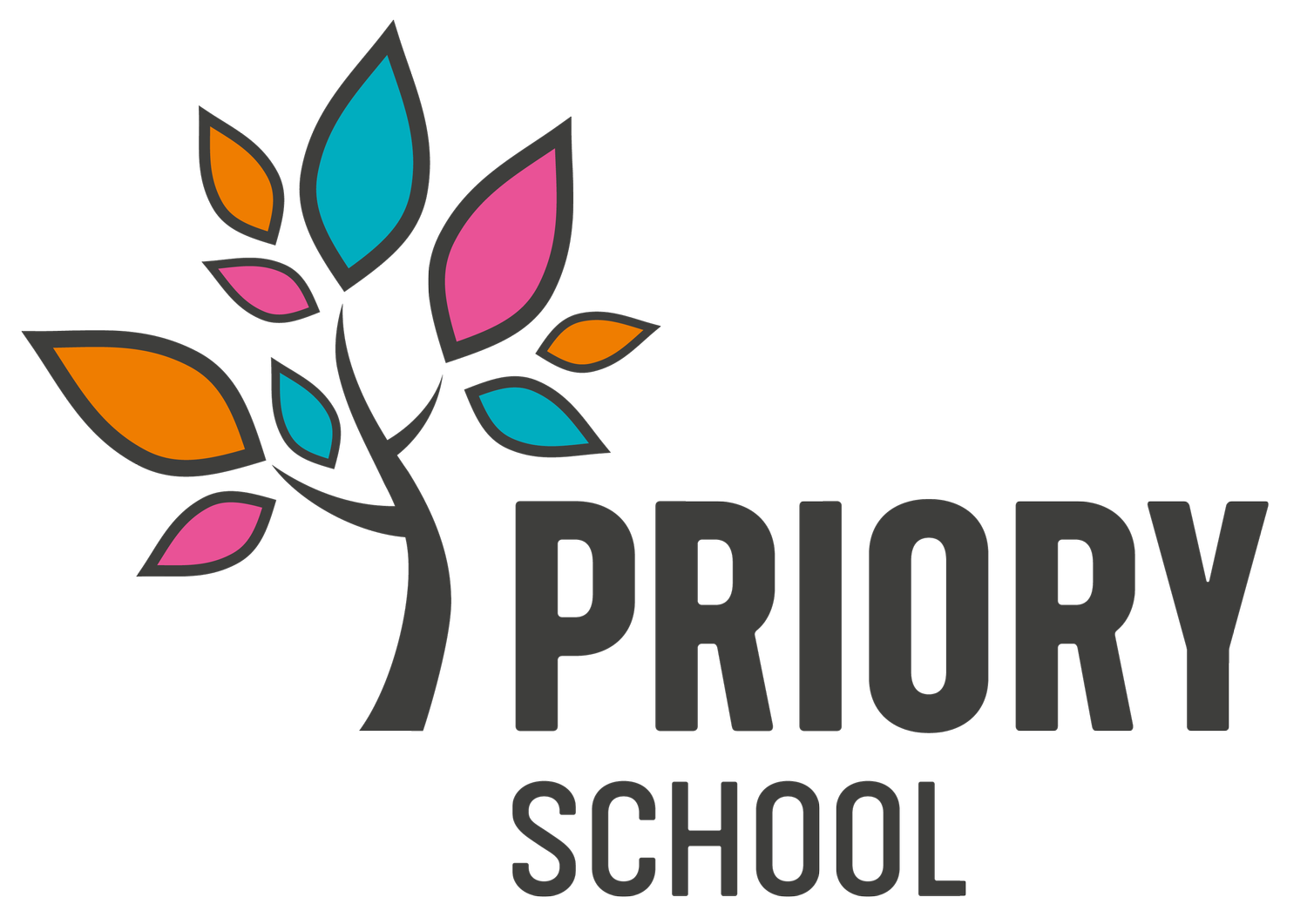
Personal, social, health and economic education (PSHE)
Personal, Social, Health and Economic (PSHE) Education at Priory School (which includes all compulsory RSHE — Relationships, Sex and Health Education) aims to provide our students with the skills they need to navigate the emotional, social and physical aspects of growing up. It supports them to develop positive relationships with others and be able to make responsible and informed decisions about their lives. PSHE education helps our students to respect themselves and others by acquiring accurate information, developing skills and forming positive beliefs, values and attitudes. It is also about understanding the importance of family life, stable and loving relationships, and good physical and mental health.
At Priory School, we create an atmosphere where every member of the school community feels respected and valued, where self-esteem is nurtured and where principles of tolerance and equal opportunities are seen in action. We wish to help our young people develop an understanding of how they can protect themselves, and to give them the confidence to seek help and support when they need it.
The Priory PSHE/RSHE framework is divided into six areas based on the PSHE Association’s Planning Framework for pupils with SEN. These areas are Self-awareness, Dealing with Emotions, Changing and Growing, Self-Care, Support and Safety, Healthy Lifestyles, and The World I Live In. This Framework maps against the Department for Education (DfE) Statutory Guidance for Relationships Education, RSE and Health Education, which sets out what school pupils should know by the time they leave both Primary and Secondary School.
For Priory students, many of the issues that need to be taught within the compulsory RSHE guidance are too complex for them to understand. The Priory PSHE curriculum therefore is delivered in each Pathway according to each student’s cognitive ability and learning style, while ensuring the needs of all our students are met, as they enter puberty and move towards adulthood.
At Priory School, non-statutory components of sex education will only be taught if a specific need for an individual student (or group of students) is identified. In this case, parents will be consulted to discuss a referral and the best way to proceed, and parents will have the option to withdraw their child from sex education sessions if they wish. This is in line with Government guidance stating that parents have the right to withdraw their children from the non-statutory components of sex education within RSE.
Personal, Social, Health and Economic (PSHE) Education at Priory School (which includes all compulsory RSHE — Relationships, Sex and Health Education) aims to provide our students with the skills they need to navigate the emotional, social and physical aspects of growing up. It supports them to develop positive relationships with others and be able to make responsible and informed decisions about their lives. PSHE education helps our students to respect themselves and others by acquiring accurate information, developing skills and forming positive beliefs, values and attitudes. It is also about understanding the importance of family life, stable and loving relationships, and good physical and mental health.
At Priory School, we create an atmosphere where every member of the school community feels respected and valued, where self-esteem is nurtured and where principles of tolerance and equal opportunities are seen in action. We wish to help our young people develop an understanding of how they can protect themselves, and to give them the confidence to seek help and support when they need it.
The Priory PSHE/RSHE framework is divided into six areas based on the PSHE Association’s Planning Framework for pupils with SEN. These areas are Self-awareness, Dealing with Emotions, Changing and Growing, Self-Care, Support and Safety, Healthy Lifestyles, and The World I Live In. This Framework maps against the Department for Education (DfE) Statutory Guidance for Relationships Education, RSE and Health Education, which sets out what school pupils should know by the time they leave both Primary and Secondary School.
For Priory students, many of the issues that need to be taught within the compulsory RSHE guidance are too complex for them to understand. The Priory PSHE curriculum therefore is delivered in each Pathway according to each student’s cognitive ability and learning style, while ensuring the needs of all our students are met, as they enter puberty and move towards adulthood.
At Priory School, non-statutory components of sex education will only be taught if a specific need for an individual student (or group of students) is identified. In this case, parents will be consulted to discuss a referral and the best way to proceed, and parents will have the option to withdraw their child from sex education sessions if they wish. This is in line with Government guidance stating that parents have the right to withdraw their children from the non-statutory components of sex education within RSE.
